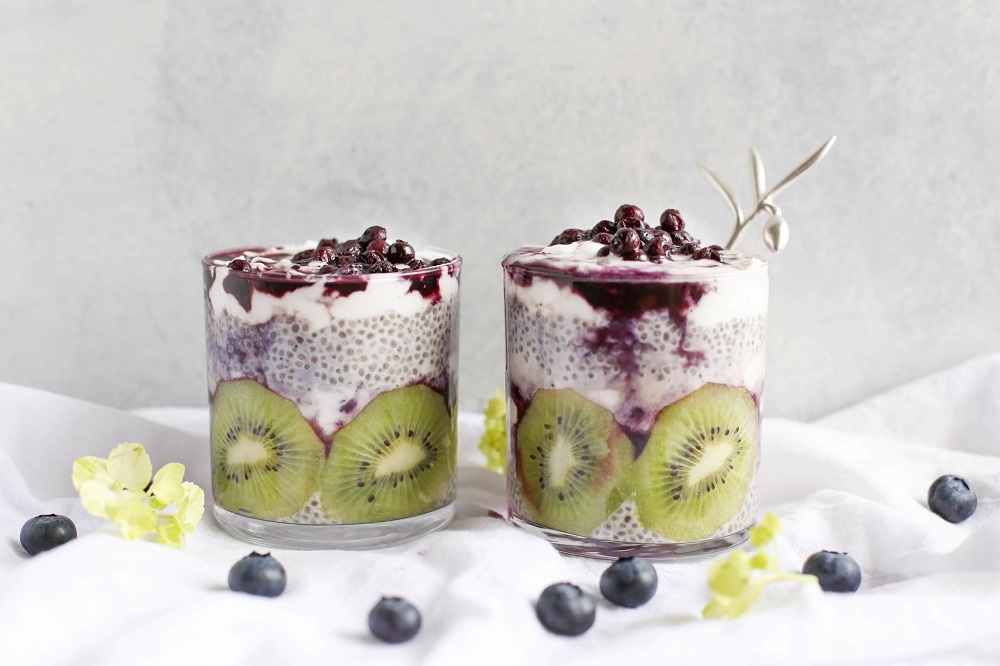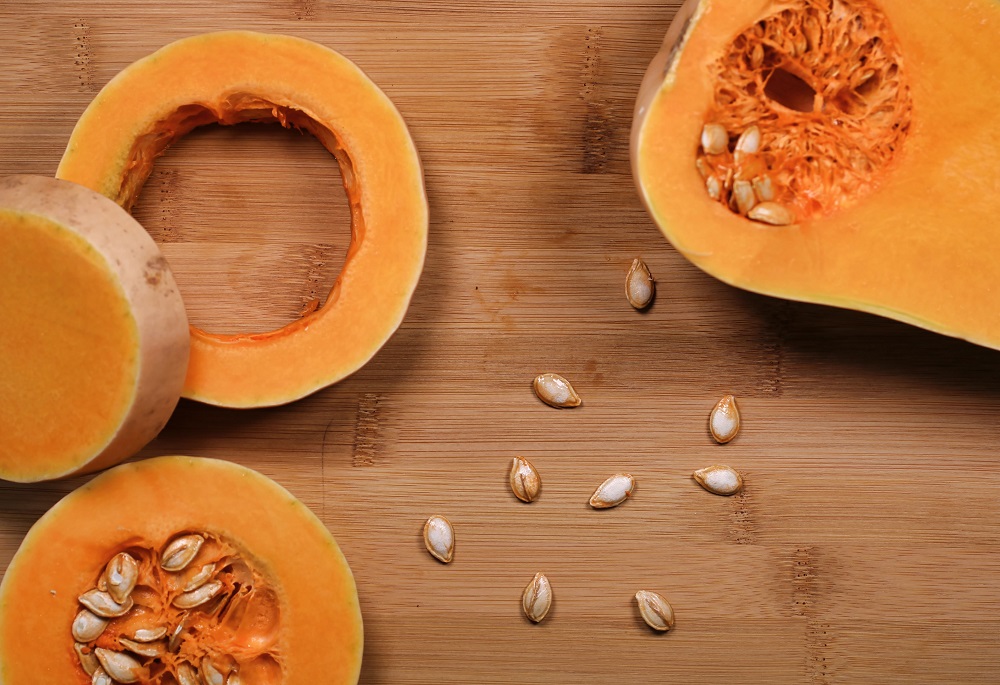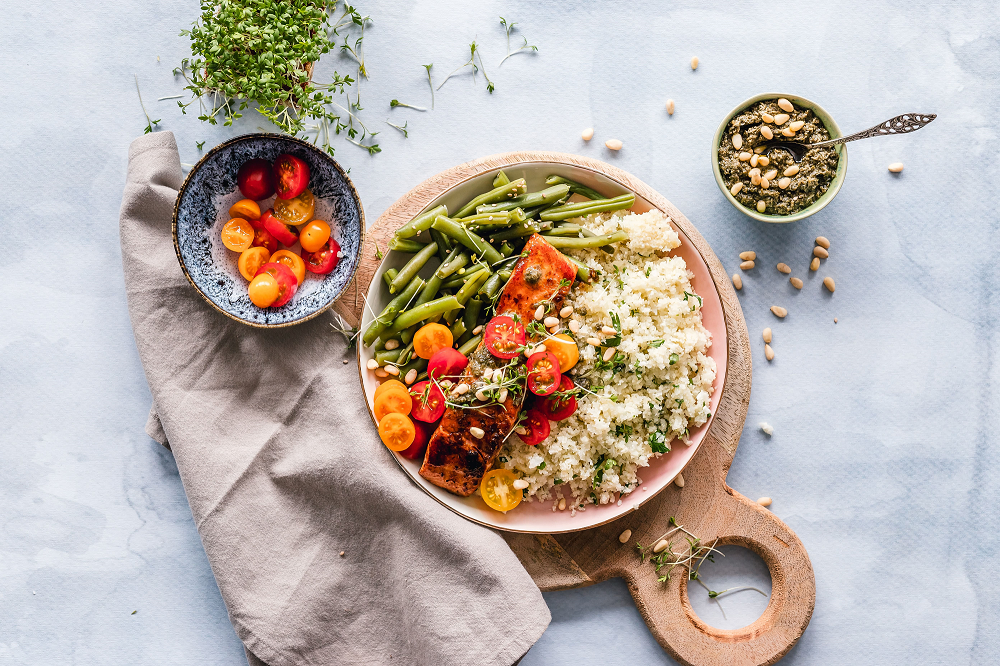Not only “reserved for chickens” (according to your friend who loves fast food), the seeds are true champions and contain many benefits… so imagine their positive effects on athletes! Prepare to have some fun!
Chia seeds
While chia seeds have only appeared on our plates for a few decades, they were already widely appreciated and recognized by the Aztecs. Derived from Salvia hispanica, a herbaceous plant native to Mexico, these small seeds are rich in fatty acids omega-3 and omega -6, and in fibers. They promote the recovery of sportsmen who consume them usually in their pre or post-workout snack: mixed with yogurt or in the heart of a delicious fruity smoothie! In addition, their protein intake (17 g per 100 g of chia seeds) is an interesting supplement for athletes who follow a vegetarian or vegan diet.

Nutritional values for 100 g of chia seeds
- Calories: 486
- Fat: 31 g
- Cholesterol: 0 mg
- Sodium: 16 mg
- Potassium: 407 mg
- Carbohydrates: 42 g
- Protein: 17 g
Pumpkin seeds
Just like chia seeds, squash seeds are native to Central America and have been consumed by its inhabitants for thousands of years. They are composed of antioxidants, iron, and their high content in magnesium (262 mg per 100 g) is effective against stress and cramps … Definitely, the pumpkin seeds seem to have been tailor-made for athletes! And that’s not all, since these seeds are diuretics (in other words, they make you want to take a pee), they help eliminate toxins through the urine. Finally, their protein intake (19 g per 100 g of squash seeds) perfectly complements vegetarian and vegan diets.

Nutritional values for 100 g of pumpkin seeds
- Calories: 446
- Fat: 19 g
- Cholesterol: 0 mg
- Sodium: 18 mg
- Potassium: 919 mg
- Carbohydrates: 54 g
- Protein: 19 g
Quinoa seeds
While some seeds work well in snacks, others, like quinoa seeds, are self-sufficient (except in flour form). Cold or hot, alone or accompanied, with quinoa, you have enough to cook up real meals (satisfying, what is more)! Sacred seed of the Incas, quinoa contains all the essential amino acids, vitamins E, B1, B2, B3, B5, B6, and B9, in addition to being rich in fiber, ideal for intestinal transit ! Namely that in 100 g of cooked quinoa, there is 72 g of water: which is to say that the quinoa absorbs … and that you do not then a bite to eat!
Nutritional values for 100 g of cooked and unsalted quinoa seeds
- Calories: 120 g
- Fat: 1.92 g
- Potassium: 172 mg
- Carbohydrates: 18.8 g
- Proteins: 4.1 g
Are you tempted by these three seeds in a smoothie or to garnish your salads? We are happy to announce that there are still so many more to discover: hemp, sunflower, sesame, millet, poppy, amaranth, flax, buckwheat, etc. Admittedly, seeds and sport go hand in hand *!
* As long as you are not allergic … neither to one nor the other!



